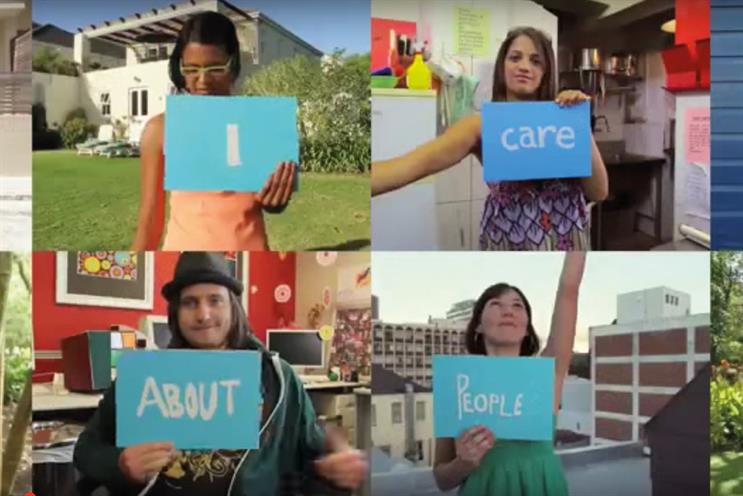
Millions of dollars were ploughed into what was seen as the litmus test for brands desperately seeking cut-through in an ad-cluttered media landscape.
Within two years, however, Pepsi had quietly put Refresh Project out of its misery. Not because it had failed to accomplish all that a social media programme was expected to do. But because it failed in its key task – to sell more Pepsi.
In fact, it achieved exactly the opposite. During the time the initiative ran, Pepsi dropped from its traditional spot as the number-two soft-drink brand in the US to number three, behind Diet Coke. The brand is estimated to have lost the parent company more than $350m due to the dip in market share in this period.
"Social media has taken a huge hit," one commentator observed. "Only zealots and fools will continue to bow down to the gods of social media."
The Refresh Project was born at a time when "digital" was the buzzword and TV ads were thought not only to be wasteful but easily avoided by viewers. Pepsi marketers decided to go for broke, pulling their ad slot in the 2010 Super Bowl and diverting their TV budget into the Refresh Project.
Harnessing Facebook, Twitter and YouTube, Pepsi announced it was giving $20m to neighbourhood projects proposed by consumers and which attracted the most votes for having a positive impact on society.
More than 80 million votes were registered and, at its peak, 37% of Americans were aware of the Refresh Project.
Where did this well-intentioned initiative go wrong? Vetting all the projects proved impossible, resulting in persistent fraud allegations. Meanwhile, the lack of a direct product tie-in made it difficult to drive sales and the impact was too scattered.
Above all, it proved that almost all big brands forsake traditional media at their peril.
Things you need to know
- In early 2011, as allegations of cheating emerged, Refresh Project participants accused Pepsi of dodging their calls and emails. Pepsi denied people were cheating the system but promised to investigate.
- In July 2010, Pepsi announced it would give $1.3m in grants to help clear up the Deepwater Horizon oil spill in Texas, Louisiana, Florida, Mississippi and Alabama.
- Experts cite the Refresh Project as the largest social media initiative ever undertaken.

